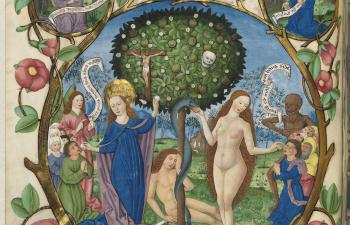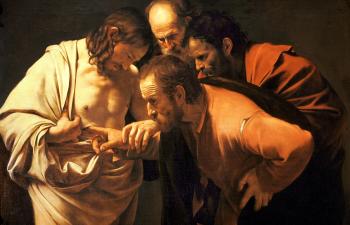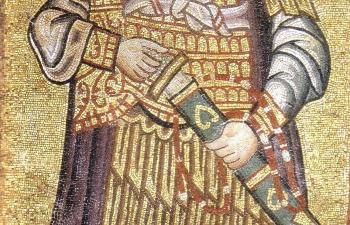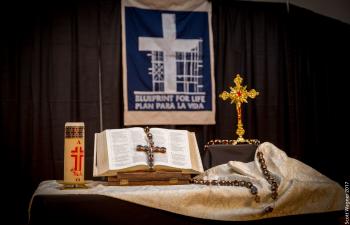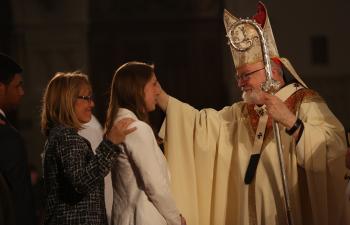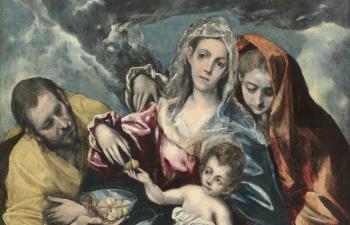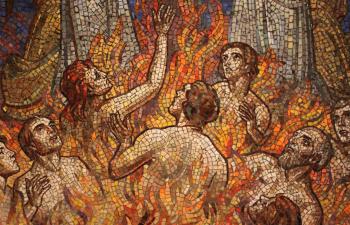There is a powerful verse in Isaiah that is particularly appropriate for all of us who are catechists: “The Lord God has given me the tongue of those who are taught” (Is 50:4a). We need a tongue to speak, and we want the tongue to reflect what we ourselves have been taught. It sounds obvious. How could we teach in any other way than through being taught ourselves? Perhaps it is nonetheless a striking saying because it reminds us of the things that can go wrong in this simple process of receiving and giving.
For Others And For Ourselves
On the one hand, we can think that the formation we receive is for ourselves alone, rather than for transmission to others. We can forget that what we receive in terms of our formation is always both for ourselves and for others. We hear the echo in order to re-echo. A catechist is always for the other, and so in our Christian lives we receive not only for the building up of our own knowledge and understanding, in order to deepen our own relationship with Christ, but also to better discern the ways in which our formation may be of service to others.
On the other hand, we can think that what we receive is for others alone, forgetting ourselves. To use the well-known image of St. Bernard of Clairvaux, we think of ourselves primarily as channels, through which all that we have received flows, rather than as reservoirs that must fill up so as to spill over. St. Bernard counsels:
…do not try to be more generous than God. The reservoir resembles the fountain that runs to form a stream or spreads to form a pool only when its own waters are brimming over. The reservoir is not ashamed to be no more lavish than the spring that fills it.[i]
The rest of this online article is available for current Guild members.
This article is from The Catechetical Review (Online Edition ISSN 2379-6324) and may be copied for catechetical purposes only. It may not be reprinted in another published work without the permission of The Catechetical Review by contacting [email protected]




